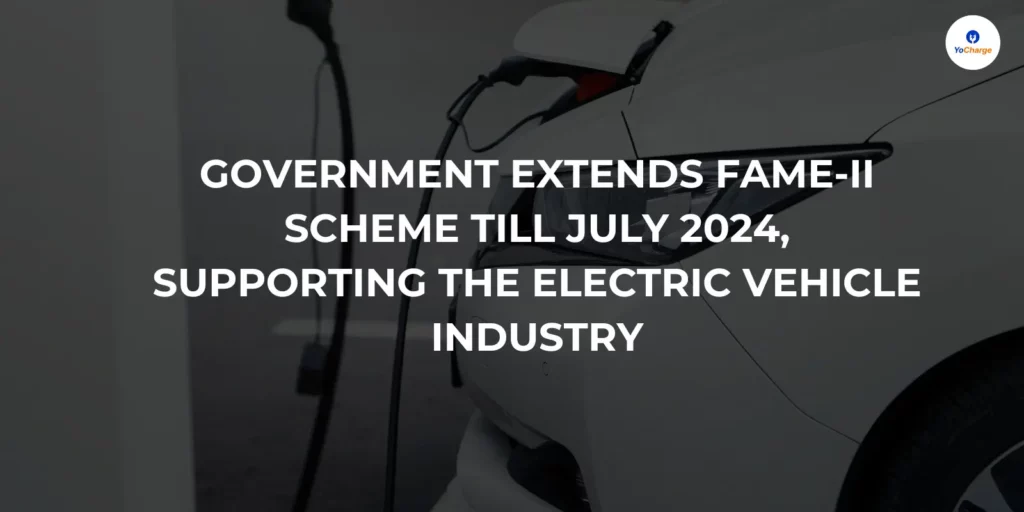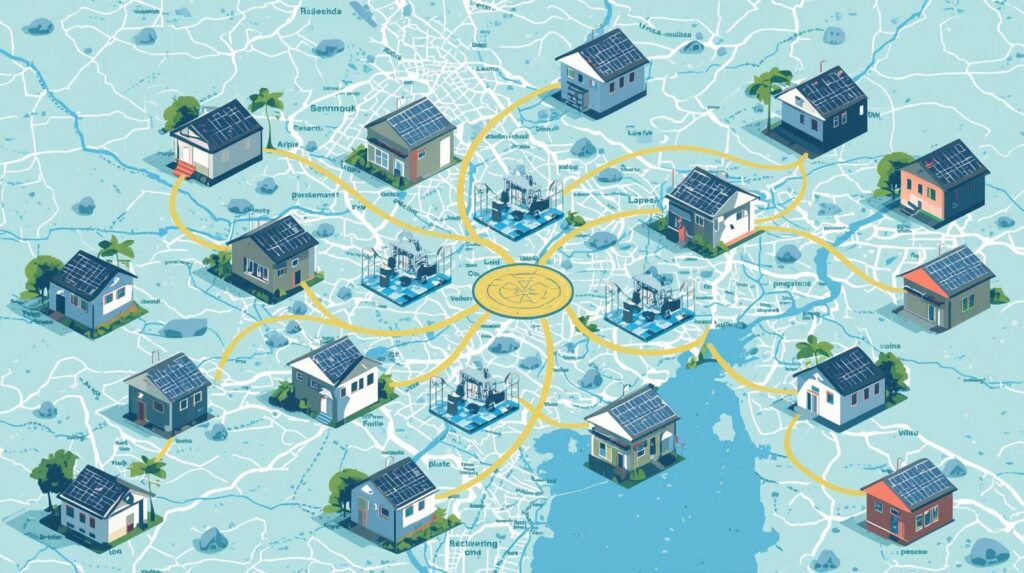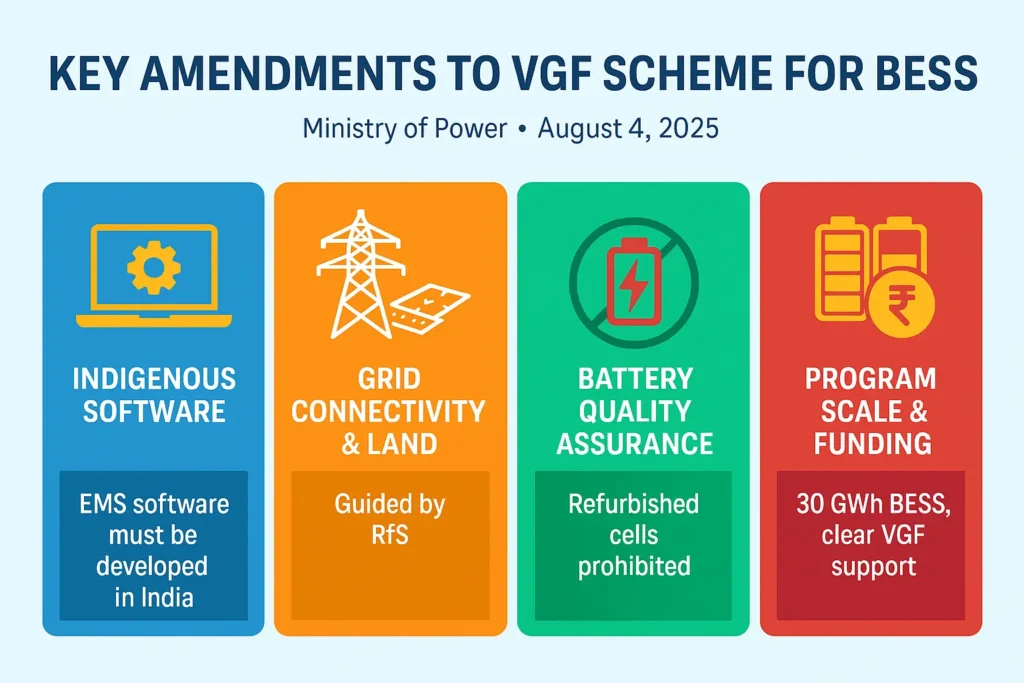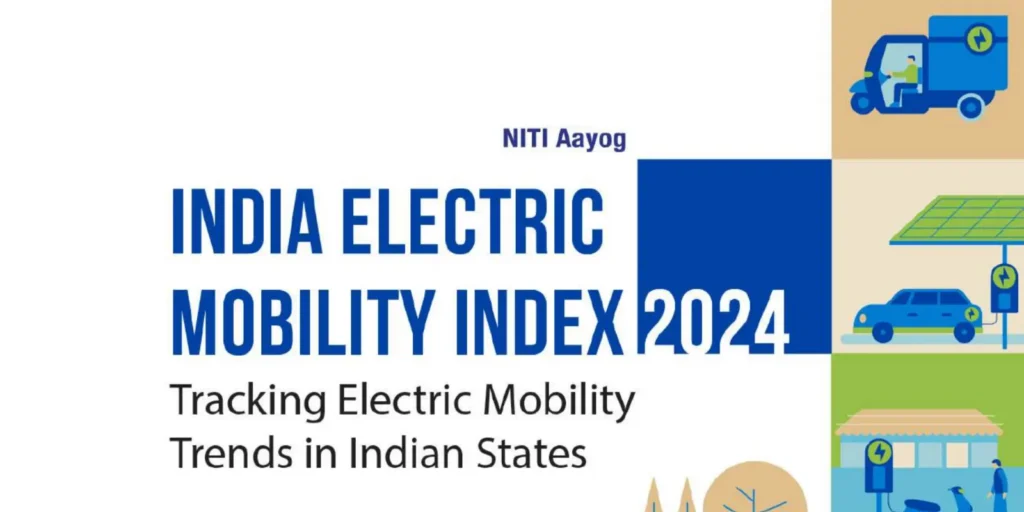
Government Extends FAME-II Scheme Till July 2024, Supporting the Electric Vehicle Industry
In a move to propel India towards a greener and more sustainable future, the Ministry of Heavy Industries (MHI) has announced the extension of the Faster Adoption and Manufacturing of Electric Vehicles (FAME-II) scheme. The scheme, now dubbed the Electric Mobility Promotion Scheme 2024 (EMPS 2024), will continue to provide vital support to the electric vehicle (EV) industry until July 31, 2024.
With an impressive total outlay of Rs. 500 crore, the EMPS 2024 aims to accelerate the adoption of electric two-wheelers (e-2W) and three-wheelers (e-3W) across the country. This significant investment underscores the government’s commitment to fostering the development of a robust electric mobility ecosystem.
The scheme is set to kick off from April 1, 2024, and will remain in effect for a period of four months. During this time, the focus will be on promoting the use of electric vehicles for commercial purposes, particularly in the domain of public transportation. However, privately or corporately owned registered e-2W vehicles will also be eligible for incentives under the scheme, further encouraging individual adoption of EVs.
Under the EMPS 2024, a wide range of electric vehicles will be eligible for support, including e-2Ws and e-3Ws, including registered e-rickshaws and e-carts. The scheme aims to support the adoption of 3,72,215 EVs, comprising 3,33,387 e-2Ws and 38,828 e-3Ws, including a specific focus on advanced battery technologies.
One of the key objectives of the scheme is to promote the vision of Aatma-Nirbhar Bharat, as advocated by Prime Minister Narendra Modi. By encouraging domestic manufacturing through initiatives like the Phased Manufacturing Programme (PMP), the government aims to create a self-reliant and competitive EV manufacturing industry within the country. This strategic approach not only supports the nation’s economic growth but also generates employment opportunities across the EV value chain.
Components of EMPS 2024
| Components | Description | Total Fund requirement (INR in crore) |
|---|---|---|
| Subsidies/Demand Incentive | Incentive for electric 2W (e-2W) and electric 3 W including registered e-rickshaws & e-carts and L5 (e-3W) | 493.55 |
| Administration of scheme | Including IEC (Information, Education & Communication) activities and fee for Project Management Agency | 6.45 |
| Total | 500 |
The EMPS 2024 signifies a significant step forward in India’s transition towards sustainable mobility solutions. By extending the FAME-II scheme and introducing targeted incentives, the government aims to address key challenges in the EV adoption journey, such as high initial costs and infrastructure limitations. Furthermore, the scheme aligns with India’s broader commitments to combat climate change and reduce greenhouse gas emissions.
In addition to financial support, the Ministry of Heavy Industries is also working on issuing comprehensive guidelines and notifications to ensure the effective implementation of the EMPS 2024. These measures are expected to streamline the application process for incentives and provide clarity to stakeholders across the electric mobility ecosystem.
As the world increasingly recognizes the urgency of transitioning to cleaner forms of transportation, India’s continued focus on promoting electric vehicles through schemes like the EMPS 2024 positions the nation as a leader in sustainable mobility innovation. With concerted efforts from the government, industry stakeholders, and the public, India is poised to chart a path towards a cleaner, greener, and more prosperous future.
Read Also: EV Charging Regulations in India
Conclusion
In conclusion, the extension of the FAME-II scheme under the Electric Mobility Promotion Scheme 2024 marks a pivotal moment in India’s journey towards a sustainable and eco-friendly transportation ecosystem. By providing crucial support and incentives for the adoption of electric vehicles, the government is not only driving economic growth and job creation but also contributing significantly to global efforts to combat climate change.
As India continues to prioritize green mobility solutions and foster domestic manufacturing capabilities, the EMPS 2024 sets the stage for a cleaner, greener, and more prosperous future for generations to come. With collaborative efforts from all stakeholders, India is well-positioned to emerge as a global leader in sustainable transportation innovation.



